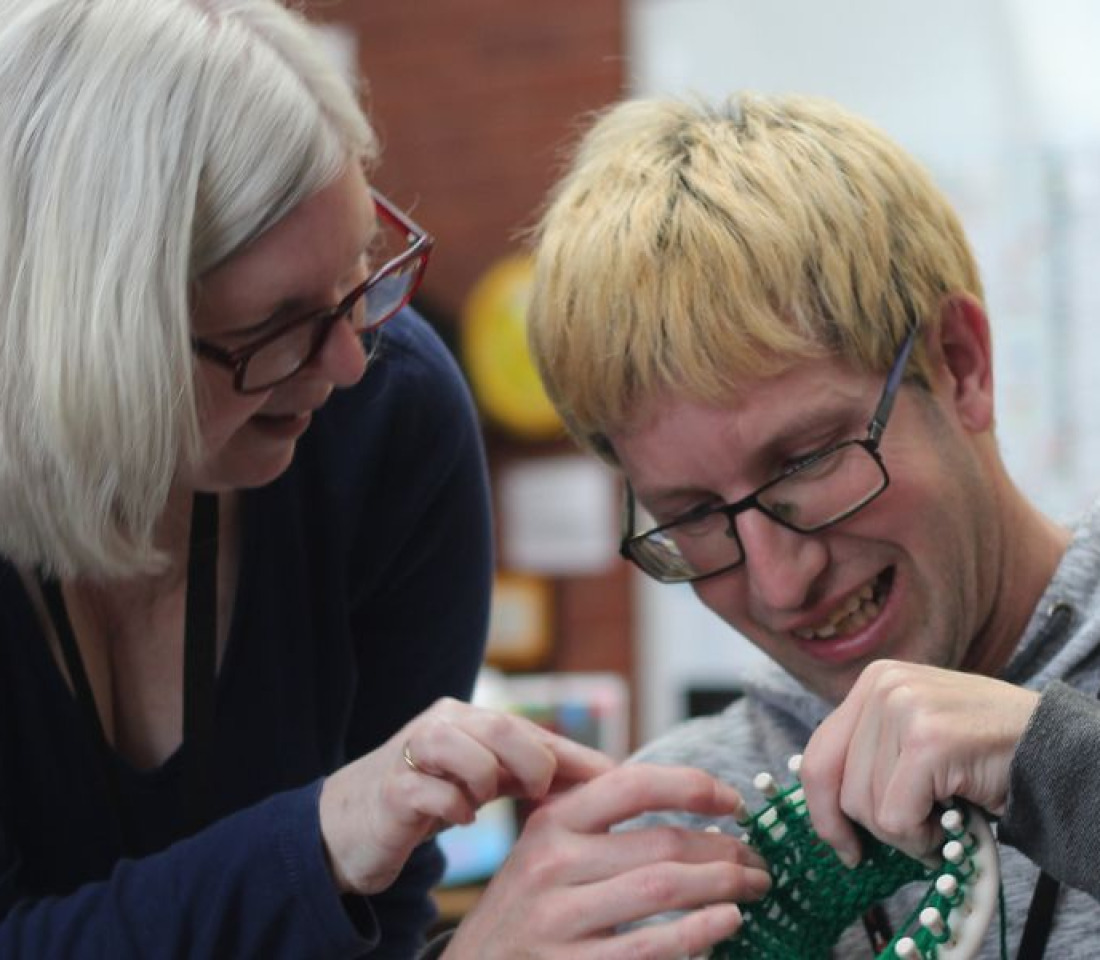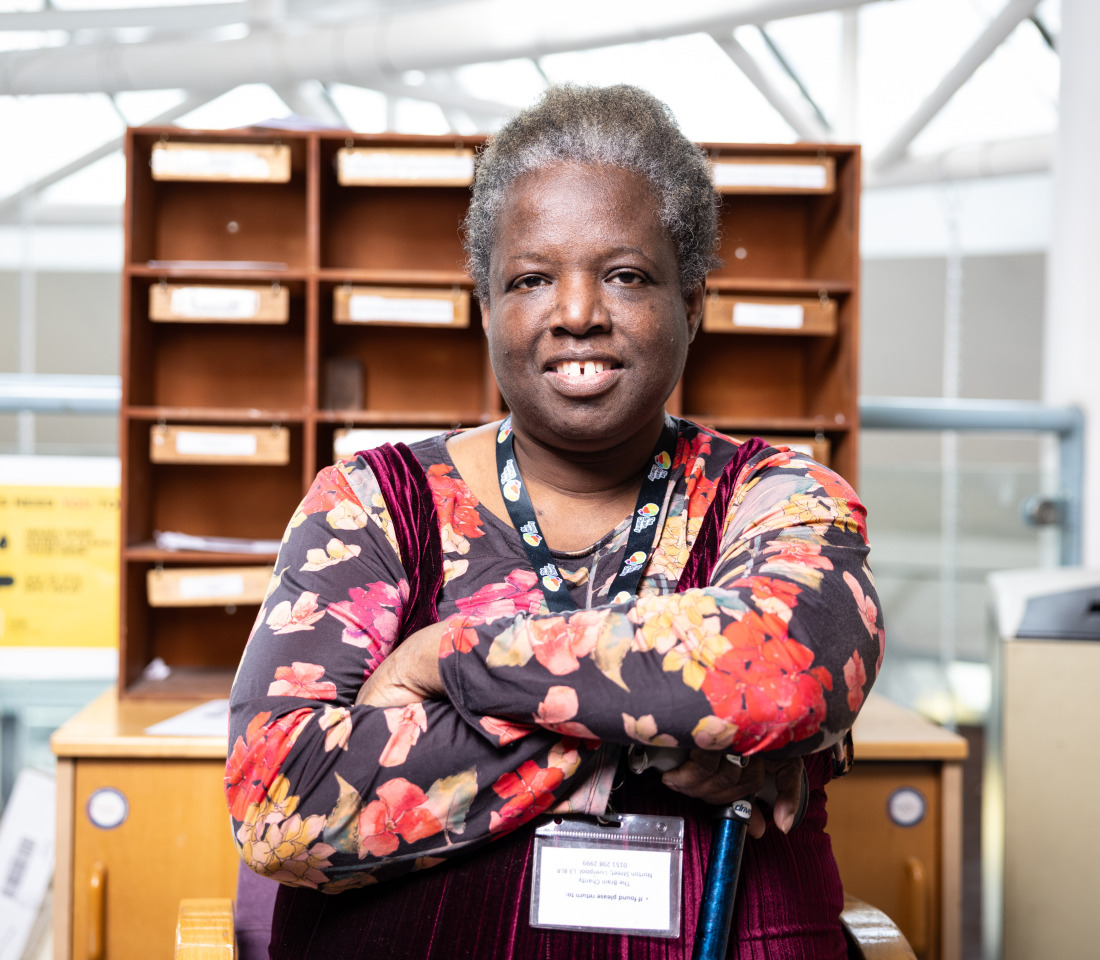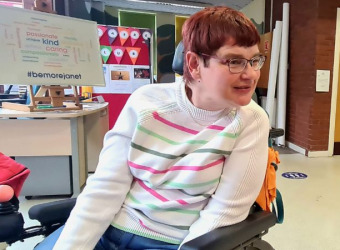What is OCD?
Obsessive compulsive disorder (OCD) is a mental health condition characterised by recurring, unwanted thoughts (obsessions) and repetitive behaviours (compulsions).
People with OCD feel compelled to perform certain actions or mental rituals to ease the distress these intrusive thoughts cause.
Common obsessions include worries, urges, or images that are hard to dismiss, while compulsions might involve repetitive actions like checking, counting, or seeking reassurance.
While almost everyone experiences occasional obsessive thoughts or behaviours, in OCD, these become overwhelming and significantly interfere with daily life.
What causes OCD?
The exact cause of obsessive-compulsive disorder (OCD) is not fully understood, but it likely results from a combination of genetic, biological, psychological, and environmental factors:
- Genetics and family history: OCD tends to run in families, suggesting a genetic link. It could also stem from learned behaviours within the family environment.
- Brain chemistry and structure: Some people with OCD have high activity in specific brain areas or lower levels of serotonin, a chemical involved in mood regulation. However, it’s uncertain whether these differences are a cause or result of OCD.
- Stress or trauma: Stressful or traumatic experiences, such as bullying, abuse, or significant life events (like childbirth or loss), can trigger or worsen OCD symptoms.
- Personality Traits: Individuals who are meticulous, anxious, or highly responsible may be more prone to developing OCD, as they might be more likely to engage in rituals to manage their stress.
What are the symptoms of dyspraxia?
OCD symptoms generally include frequent, distressing obsessions and compulsions.
Obsessions: Persistent, unwanted thoughts, images, or urges.
Compulsions: Repetitive actions or mental rituals done to alleviate these anxieties.
Obsessions may include fears of harm, contamination, or guilt over specific actions or thoughts, while compulsions involve behaviours like repeated checking, cleaning, arranging, or seeking reassurance.
In OCD, intrusive thoughts linger, often disrupting daily life. Compulsions can be time-consuming and may involve rituals, avoidance, or mental actions to counteract obsessive anxieties.
















